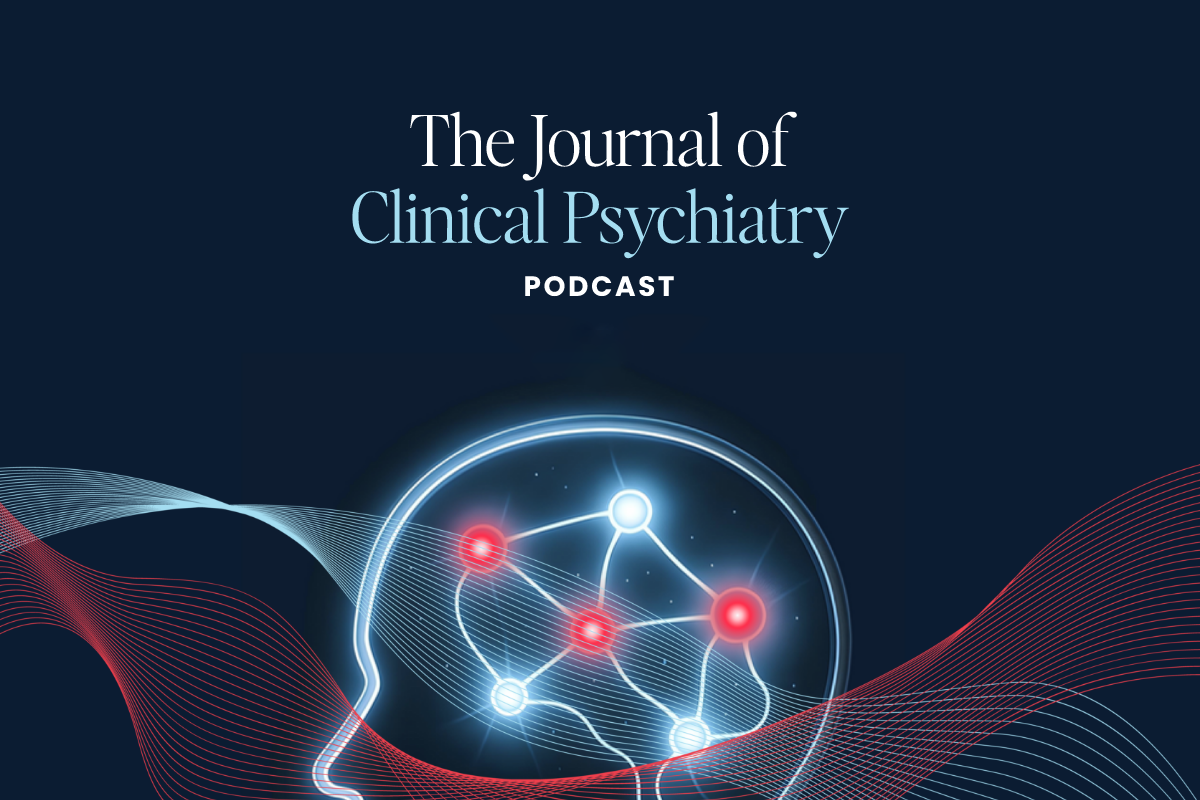Numerous studies have tried to quantify the prevalence of Attention Deficit Hyperactivity Disorder (ADHD) in adults, but because trials often use different methods and measures, it’s been hard to pin down a consistent number. Estimates have ranged from as low as 2.5 percent to as high as 5 percent of the adult population. A large and extensive study published in Psychiatry Research appears to offer the most precise figure yet.
Solriamfetol for ADHD in Adults
Omega-3 Polyunsaturated Fatty Acids for Core Symptoms of ADHD
A Robust Approach
This comprehensive investigation pooled data from five systematic reviews and meta-analyses, encompassing 57 separate studies that involved over 21 million adults. The team of international researchers concluded that approximately 3.1 percent of adults live with ADHD.
The study also segmented ADHD into three distinct subtypes, each with its own set of symptoms. The most common was the Inattentive Type (ADHD-I), characterized by issues like poor focus, frequent mistakes, and a tendency to ignore conversations. Next most common was the Hyperactive Type (ADHD-HI), marked by restlessness, an inability to remain seated, and excessive talking. The least frequent subtype was the Combined Type (ADHD-C), which blends symptoms from both the Inattentive and Hyperactive categories. Understanding these subtypes is critical for delivering effective treatment, the authors stressed.
Supporting Research
A main takeaway from the study: ADHD doesn’t just affect children. Previous research suggests that 30 to 70 percent of children with ADHD continue to have symptoms of the disorder when they become adults. However, only 10 to 25 percent of adults with ADHD receive an accurate diagnosis and adequate treatment.
Women are even less likely than men to receive an ADHD diagnosis, possibly because their presentation isn’t always classical. They often experience internalizing symptoms, such as difficulty with attention and organization, as well as higher rates of the less common subtypes.
The condition carries into adulthood for various reasons. Those who had severe symptoms during childhood are more likely to continue experiencing challenges as they get older. The absence of early intervention exacerbates the issue, making symptom management more difficult later in life. Other psychological conditions during youth, traumatic experiences, and antisocial behaviors like substance abuse can also contribute to the persistence of ADHD symptoms into adulthood.
And evidence suggests that consequences of adult ADHD can be far-reaching. A recent study in The Journal of Clinical Psychiatry found that young adults with ADHD face multiple clinical setbacks, such as elevated rates of depression, anxiety, substance abuse, and self-harm. Persistent ADHD has also been associated with poor social outcomes, impacting emotional support and leading to higher rates of unemployment or disengagement from education, a phenomenon known as NEET (Not in Education, Employment, or Training).
The authors of the Psychiatry Research study advocate for proactive strategies to prevent, identify, and manage adult ADHD effectively. They urge future studies to focus on how ADHD prevalence varies among different ethnic and socioeconomic groups, including Black Americans and Indigenous communities.



